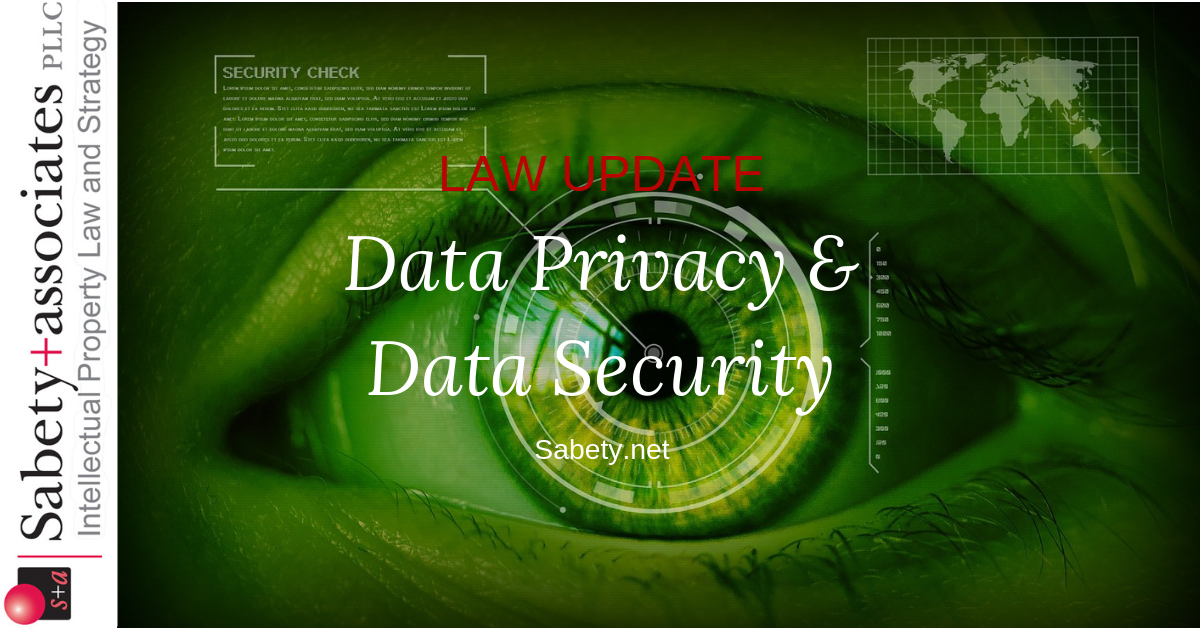Congress Does Away with FCC Data Privacy Regulations over Broadband Service Providers
On March 23, 2017, Congress utilized its statutory “disapproval” mechanism to rescind the Federal Communications Commission (FCC) regulations issued in December 2016 limiting use by broadband service providers (like AT&T and Verizon) of consumer data transmitted over their networks.
The issue is a side-effect of the FCC’s decision in 2015 to re-classify these services as “common carriers.”
While that decision gave the FCC authority to prohibit broadband services from charging websites preferential data transmission rates for higher prices, the Federal Trade Commission (FTC) thereby lost jurisdiction over the broadband services with regard to consumer data privacy.
That is because by statute, only the FCC can regulate the treatment of consumers by the common carriers. So the FCC rules that were rescinded were supposed to plug this data privacy regulatory loop-hole.
The uproar is that common carriers are now (allegedly) in a position to “sniff” data packets to inspect their contents and to track user’s browsing habits around the Internet.
Use of end-to-end data encryption is only a partial solution.
That is because Domain Name System (DNS) mapping and IP addressing in HTTPS requests have to be unencrypted in order that networking hardware properly route the encrypted data packets.
Businesses that provide “virtual private network” (VPN) services will stand to gain because by acting as an intermediary between a user’s computer and the rest of the Internet, they can mask which users IP addresses are making which DNS requests.
In addition, VPN services can receive encrypted HTTPS requests from user computers and then re-issue these HTTPS requests with the IP address decrypted, and send the responses back to the user.
Only the VPN will know which users correspond to which HTTPS requests. Watch Google offer a new VPN service that (as a side effect) will give Google greater access to user browsing data.
Note that the so-called “edge providers” like Google, Facebook, Twitter and Amazon, which were exempted from the FCC regulations, remain subject to consumer privacy requirements promulgated by the FTC because they were not re-classified as “common carriers.” But query whether a large VPN service could be a “common carrier.”
Sabety +associates, PLLC Wins Two Patent Cases: The firm successfully defended Workshare Technology, Inc. from patent troll Micoba in U.S. District Court, Eastern District of Texas. On March 9, 2017, Micoba’s complaint alleging patent infringement was withdrawn before Workshare had to file an answer. Micoba, LLC v. Workshare Technology, Inc. (E.D. Tx) No. 2:16-cv-1394.
The firm successfully appealed a patent examiner’s conclusion that a computer security related patent claim was obvious over the prior art. On December 21, 2016, the U.S. Patent Trial and Appeal Board reversed the patent examiner’s rejection. U.S. App. No 11/292,910 Appeal No. 2016-002021. The patent has now issued as U.S. Pat. No. 9,600,661.

